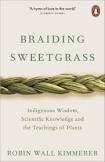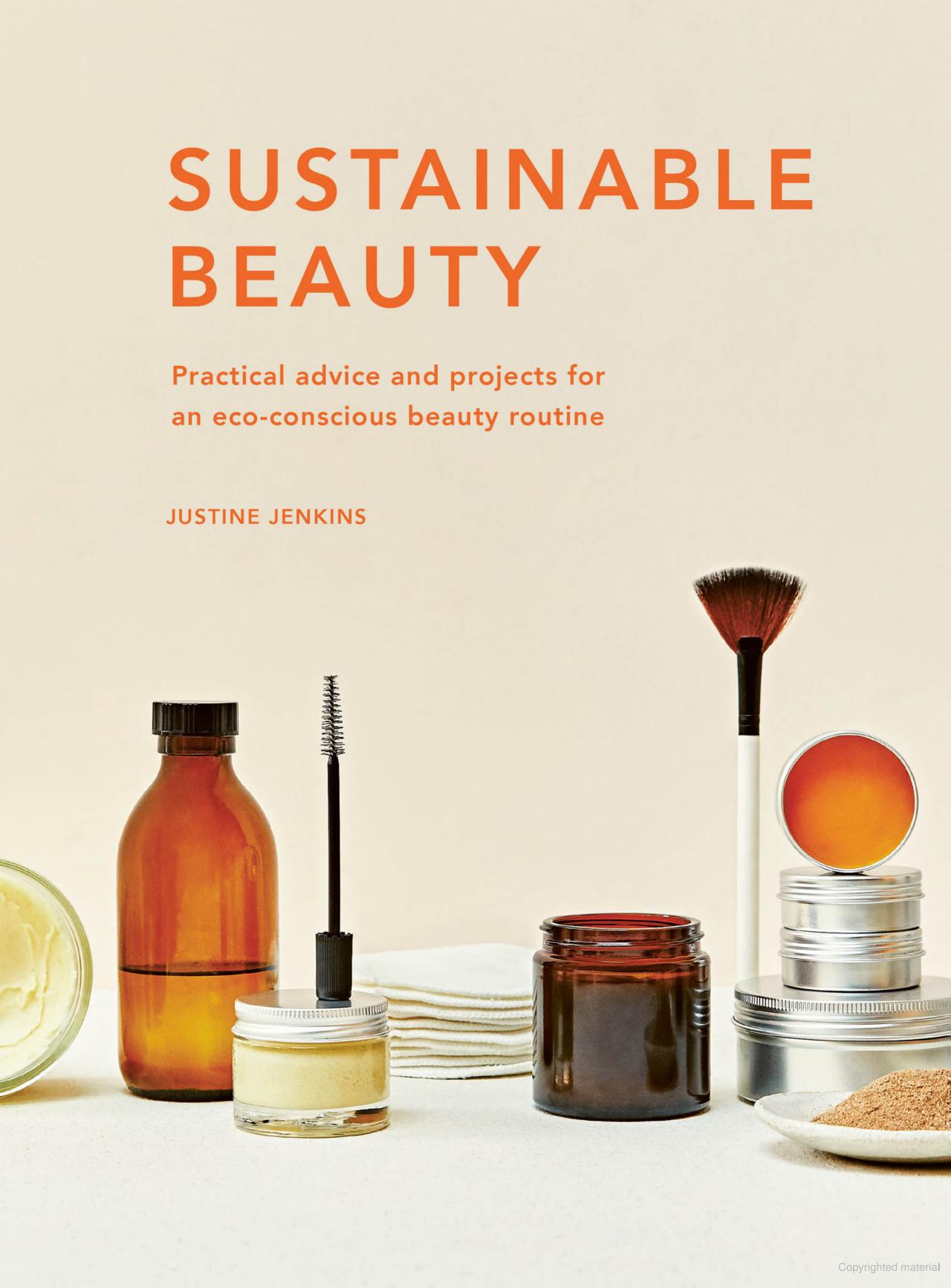Braiding Sweetgrass is a beautiful collection of essays explaining some key differences between the schools of thought that guide many Indigenous American cultures and those that inform the dominant culture. Fundamentally, this begins with a difference in the understanding of the relationship between people and the land. This is an incredibly thought-provoking read, at times pushing hard on the boundaries of generally accepted consumer culture in revelatory ways.
From the first pages, Braiding Sweetgrass provided me with some awakening, or “ah-ha” moments: for example, Ms. Kimmerer explains beautifully how our creation stories influence our actions, and how Indigenous creation stories (in the context of Indigenous American peoples) are based on a two-way relationship between the people and the earth.
This is presented in contrast to other common cosmologies and cultures, whose creation stories are often grounded in the domination of the earth by man, made in the image of a deity. Kimmerer examines the impact this fundamental understanding of the relationship between people and the earth has on so many daily decisions that we make as individuals. She eloquently posits that our acceptance that people are here to dominate the natural world grants us license to degrade it.
Whereas, if we were to think of our relationship with the natural world as a symbiotic and loving two-way relationship, we could get back to nourishing the earth and being grateful for the nourishment it provides us in return. This analysis has prompted me to critically re-think the way in which I define my relationship to my environment. It is so simple a concept, and yet incredibly powerful in its potential to change behavior in a million small ways that might make the world of difference we all need.
Similarly, I found her description of the Potowatomi language (and its similarities to other Indigenous languages of North America) to be thoroughly enlightening. Kimmerer adeptly highlights the limitations of English in gifting our environment with an active role in our lives. She explains how other languages respect the “living-ness” of our environment in a way that English does not.
Potowatomi is structured into living and non-living attributes, rather than masculine and feminine, in the way of many European languages. Reading Kimmerer’s analysis has made me realize how important language is to shared culture and how it shapes our world view. While many might at first thought see linguistic differences like feminine/masculine versus living/non-living as trivial, it offers speakers of Potwatomi a fundamentally different way to describe our world, which is far from trivial. When a stream is described as “living” or “being”, that changes the way we relate to the stream. Apples are not referred to with terms like “what”, but instead as “who”.
This fundamentally different way of describing our environment has implications for action. When we acknowledge through our words that a stream or an apple is a living thing, we are more likely to respect it. We are less likely to spray pesticides on a fellow living being. We are less likely to dump toxic waste or trash into a living stream from whom life flows.
All of these elements demonstrate the critical differences in the fabric of Indigenous wisdom to the dominant global cultures. Kimmerer rightly challenges the scientific community from the inside out – demonstrating how often our egos enable us to say, “if we have no scientific explanation, it must not be important.” Instead, we should be asking, “how can we find the scientific explanation that describes what Indigenous wisdom tells us.” Often we are simply not testing the right hypotheses.
The power to embrace a different way of thinking of our environment is held within these essays. If we change how we think about our relationship to the land; we may find we also have the power to change how we treat it. Acknowledging that the land deserves our respect is the first step on repairing the relationship between people and the natural world.

 Doughnut Economics
Doughnut Economics Sustainable Beauty: Practical Advice and Projects for an Eco-conscious Beauty Routine
Sustainable Beauty: Practical Advice and Projects for an Eco-conscious Beauty Routine